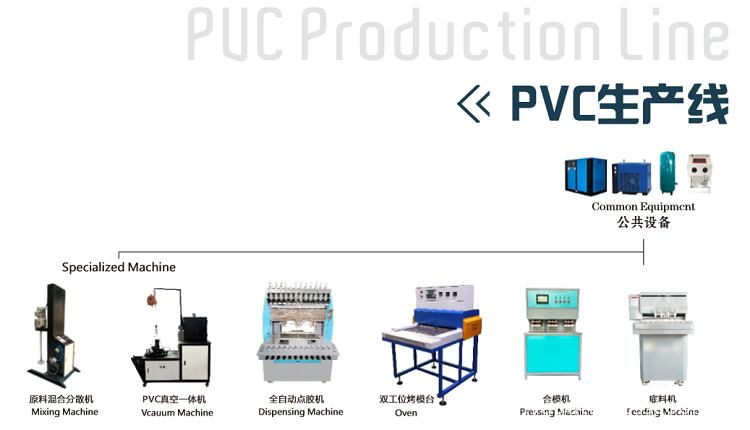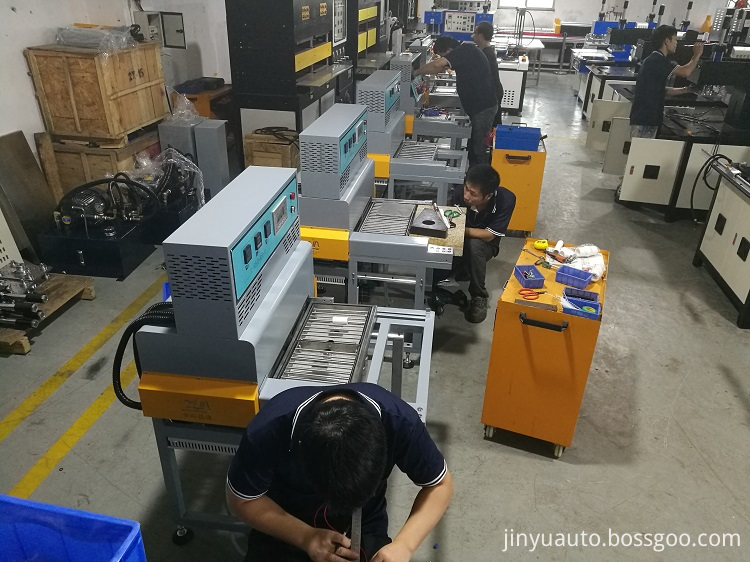
Different additives are required during PVC processing.The additives used in the manufacture of PVC consist of a variety of chemicals in different physical states which often undergo physical and chemical transformation.Additives modify the properties of PVC, but not the molecular structure of the polymer.The additives business is strongly established in the global chemical industry.America, Europe, China and the countries of Asia and the Pacific are the leaders in additiveconsumption.

Among the additives used in PVC processing, plasticizers play the predominant role. They make up 55% by weight of all the additives used in the industry.Stabilisers, also used in the production of PVC, constitute a 35% share by weight.Impact and flow modifiers are sold in roughly the same amounts as above.Internal and external lubricants make up 15% of the market, flame retardants 12%, while antioxidants 1%.
Preparation of PVC compositions
Polymer and additive compositions are processed in high-speed hot-cold mixers.Preferably, the rpm of the agitator in a hot mixer should be between 1300 to 1500, and ~ 450 for a cold mixer.
On the basis of research results and experimental data it was found that the process of preparing PVC mixtures significantly affects the quality of the blend itself, and consequently the qualitative parameters of the product.
The procedure for the preparation of blends in hot-cold mixers should be as follows:
Pre-weighed amounts of PVC, thermal stabilizers, lubricants, antioxidants and UV stabilizers are fed into the mixer.A softener is added at 700C.At about 950C, fillers and pigments are fed into the mixer.Mixing in a hot mixer ends when the contents reach a temperature of approximately 1300C.
Introducing the polymer, stabilisers and lubricants into a hot mixer in the first stage helps to evenly distribute the additives over the surface of a PVC grain and also partly over its external porous structures.
The way the plasticizers are added also affects the quality of plasticized PVC blends.In a properly conducted mixing process, softeners are added to the mixer at a temperature of about 70°C.Following the above procedure ensures that the softener is absorbed by the polymer more precisely and at a faster rate. The reason for this is that the grain relaxes its porous structure, i.e. it „swells” and has a lower viscosity at such a temperature.Fillers and pigments are fed into a hot mixer only after the softener is absorbed by the polymer at 90-110°C (depending on the mixing intensity).
Mixing in a hot blender is stopped when the contents reach a temperature of 125 ÷ 130°C (depending on the composition of the blend).
The contents of a cold blender are cooled down to a temperature of ca.40°C, thanks to which a blend with good flowability is achieved.
A method commonly used to evaluate powder PVC compositions is the plastographic method, where the basic processing parameters, i.e. the gelling time and thermal stability of the blend are determined using a Brabender plastograph.
Extrusion analyses, blend flowability evaluations and tests of the degree of dispersion of selected additives in the blend are carried out in addition to the plastographic analysis.

The advantages of a correct dosing procedure
correct dispersion of additives in a PVC blend (mainly concerns loose stabilisers);
lack of absorption of part of the plasticizer by the filler; only the polymer is softened;
lower mixing resistance;
good blend quality – higher quality parameters of the product.
The quality of the polymer, the amount and quality of the additives, the processing method, its conditions, as well as the cooling conditions of the product all play a significant role in determining the final structure of the polymer.The structure of the final material achieved after processing corresponds to a given density and degree of gelling.Determination of these parameters helps predict some properties of the end product.
No comments:
Post a Comment